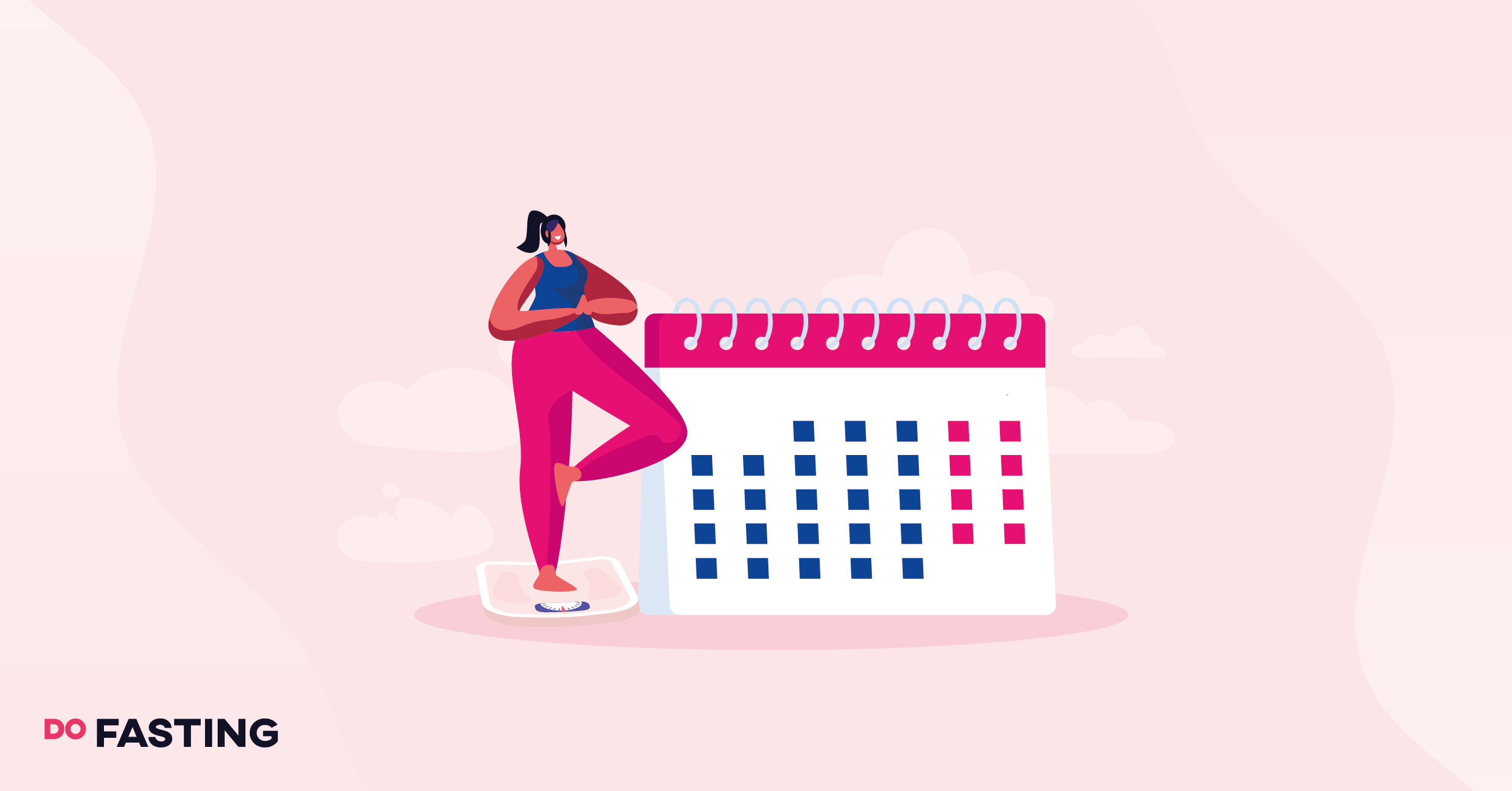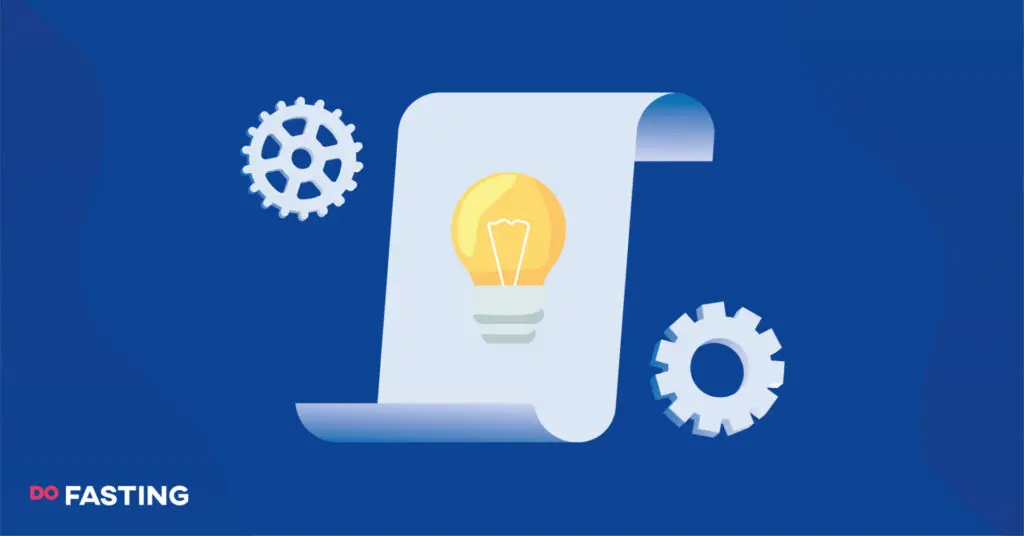Contents
Can Peanut Butter Help With Weight Loss?
In short, yes—peanut butter can help with losing weight. Let’s take a look at the nutritional value of 2 tablespoons of peanut butter:
- Calories — 188
- Fat — 16 grams
- Carbs — 7 grams
- Fiber — 3 grams
- Protein — 8 grams
- Manganese — 29% of the Reference Daily Intake (RDI)
- Magnesium — 13% of the RDI
- Phosphorus — 10% of the RDI
- Potassium — 7% of the RDI
- Vitamin E — 10% of the RDI
- Vitamin B3 (niacin) — 22% of the RDI
- Vitamin B6 — 7% of the RDI
- Vitamin B9 (folate) — 7% of the RDI
A single serving (about 2 tablespoons) of peanut butter provides approximately 10% of your daily fiber needs. Fiber is an important factor in weight loss and has been shown to be linked to lower body mass index (BMI).
Peanut butter can contribute to weight loss or weight management by reducing feelings of hunger. In fact, one study reported that people who add peanut butter to their breakfast feel more satiated than those who don’t.
This might be because of the critical component in peanut butter, protein, which is known to promote satiety.
In addition, peanut butter doesn’t contain added sugars in its pure, 100% peanut variants, making it a healthy choice that can be added to any balanced diet.
However, don’t forget that sustainable weight loss requires a combination of a balanced diet and regular exercise—peanut butter, on its own, will not lead to weight loss.
Take a
1-minute quiz
and discover how much weight you can lose with DoFasting!

How Does Peanut Butter Support Weight Loss?
Peanut butter is rich in various nutrients, but how does this spread work for weight loss?
High protein content
With approximately 8 grams of protein in 2 tablespoons, peanut butter is considered to be a protein-rich spread.
Protein increases the feelings of fullness more than other macronutrients like carbs or fat. Moreover, eating enough protein can reduce cravings or the risk of overeating, reducing your overall calorie intake.
Protein can also boost the generation of glucagon, growth hormone, and other hormones that regulate metabolism, which can help with weight loss.
Lastly, your body uses more energy to digest protein, which increases the number of calories burned during digestion and can promote weight change.
Bear in mind that the recommended daily protein intake is 46 grams for women and 56 grams for men, although this may vary depending on age and activity levels.
Reduction of appetite
Managing one’s appetite is crucial when attempting to lose weight. Being energy-dense and satiating, tree nuts and peanuts can lead to considerable adaptive dietary responses.
A scientific study has suggested that peanut butter may enhance sensations of fullness. The study involved 15 obese women who consumed 3 tablespoons of peanut butter for breakfast, and they demonstrated a reduced need for calorie intake compared to those who did not include peanut butter in their morning meal.
However, more research is needed to draw accurate conclusions about whether or not peanut butter can 100% help reduce your appetite.
Improved metabolism
Peanut butter is rich in dietary fat (one of the healthy fats needed for the correct functioning of the body), which is shown to improve insulin sensitivity and can also have a positive effect on metabolism.
Moreover, the spread is abundant in protein, healthy fats, and fiber, which can help you feel full and satisfied for more time. This can result in eating fewer calories and increasing your metabolic rate.
Nonetheless, it is important to acknowledge that there is limited evidence supporting the notion that peanut butter can enhance your metabolism.
Stable blood sugar levels
Peanuts, other nuts, and peanut butter are considered low glycemic index (GI) foods, with a GI score of 14. This means they are unlikely to cause significant blood sugar spikes, making them a good choice for people with diabetes or those looking to manage their blood sugar levels.
Moreover, one research suggests that eating peanuts and nuts can help people with type 2 diabetes lose weight and improve their blood sugar levels.
Another study featuring healthy adults revealed that eating 2 tablespoons of peanut butter with white bread and apple juice resulted in a significantly lower glucose spike compared to taking only bread and juice.
This can mean that peanut butter might help slow down the absorption of carbohydrates from other foods and help maintain stable blood sugar levels.
Other Nutritional Benefits of Peanut Butter
As mentioned above, peanut butter packs a powerful punch of essential vitamins and minerals, which can unleash other potential health benefits.
Good for heart health
Heart disease refers to a group of conditions affecting the heart, such as coronary artery disease, heart attack, and store. Excessive blood pressure, high cholesterol, and other variables can contribute to these disorders.
Peanut butter can improve your heart health for a few reasons:
- Rich in dietary fiber — fiber-rich foods have been demonstrated to lower blood pressure, inflammation, and total blood cholesterol levels, all of which are beneficial for heart health.
- Rich in vitamins E, magnesium, and potassium — vitamin E is a fat-soluble antioxidant that helps avoid cardiovascular disease. Magnesium and potassium help regulate your blood pressure.
- Rich in plant-based protein — plant proteins include amino acids that improve vascular function.
- Rich in unsaturated fats — unsaturated fats can help improve cholesterol levels by decreasing “bad” cholesterol (LDL) and increasing “good” cholesterol (HDL).
Has anti-inflammatory properties
Inflammation is the immune system’s normal reaction to damage or infection, but chronic inflammation has been related to a variety of disorders, including heart disease, diabetes, and cancer.
Peanut butter contains vitamin B3, often known as niacin, which is essential for energy metabolism in the body. Vitamin B3 has been found to have anti-inflammatory properties in addition to its metabolic actions.
Additionally, peanuts include polyphenols, which are natural substances present in various plant-based meals such as fruits, vegetables, and nuts. Peanut skin mainly contains polyphenols, which have antioxidant and anti-inflammatory effects.
Antioxidants help safeguard the body from free radical damage, which can help avoid chronic illnesses.
May support healthy brain function
There is evidence to support the idea that peanuts and peanut butter are one of the healthiest foods for brain function. Peanuts include a natural form of various elements that benefit brain function, including vitamin E, folate, and magnesium.
Additionally, some research suggests eating peanut butter may help improve memory and cognitive function. This is probably because of the abundance of antioxidant and anti-inflammatory compounds known as polyphenols.
These substances may assist in protecting the brain against free radical and inflammatory damage, both of which are known to contribute to the development of Alzheimer’s disease.
Eating peanut butter may also improve your mood and emotional well-being. One study indicated that people who eat peanut butter showcased reduced levels of anxiety and depression.
Consider These Drawbacks Before Adding Peanut Butter to Your Diet
Unfortunately, it is possible (and very easy) to eat too much peanut butter. Here are some reasons to try and limit your intake of this tasty spread:
- High in calories — peanut butter is high in calories, which can lead to weight gain if consumed in excess.
- High in fat — saturated fat present in peanuts can lead to heart problems if consumed in excess. Portion size is essential when eating peanut butter to avoid exceeding your daily needs for fat.
- Peanut allergies or sensitivities — peanut butter can be fatal for people with peanut allergies.
- Can interfere with specific mineral absorption — peanuts have a high phosphorus content that can interfere with your body’s ability to absorb other minerals, like iron and zinc.
Ways To Include Peanut Butter in a Weight Loss Diet
Savor the nutty goodness of peanut butter while keeping your diet well-rounded and nutritious with these easy tips:
- Measure your portions — portion control is essential when trying to lose weight or boost fat loss. Remember that peanut butter is high in calories, and one serving of peanut butter is approximately 2 tablespoons.
- Use natural peanut butter — grab the peanut butter with no added sugar, preservatives, or oils. Or, take time to prepare your own homemade peanut butter by blending some peanuts in a food processor.
- Use it in sauces and dressings — its creamy texture can be an excellent base for various sauces and dressings.
- Use it in oatmeal, yogurt, and smoothies — this will make your meal more filling and provide a good source of protein.
- Use it as a dip for fruit slices — slice some apples, carrots, bananas, or even celery and dip them in peanut butter to add flavor and protein.
Take a
1-minute quiz
and discover how much weight you can lose with DoFasting!

Healthy peanut butter recipes for weight loss
The DoFasting app is an app that helps you reach your weight loss goals. It includes over 5000 healthy, easy-to-make, well-balanced recipes, so you never run out of ideas.
Here are a few recipes with peanut butter from the app:
Peanut butter, banana, and oat smoothie
Nutritional value:
- Energy — 366 kcal
- Fat — 15.8 g
- Carbs — 45.8 g
- Protein — 10.1 g
Ingredients:
- Almond milk, unsweetened — 1 cup
- Banana, ripe — 1 medium
- Peanut butter — 1 ½ tbsp
- Oats, dry — 2 tbsp
- Ground cinnamon
Instructions:
- Put all the ingredients in a blender and blend until smooth.
- Pour the smoothie into a glass.
Coconut banana pancakes with peanut butter
Nutritional value:
- Energy — 277 kcal
- Fat — 9.9 g
- Carbs — 33.3 g
- Protein — 13.9 g
Ingredients:
- Coconut milk, unsweetened — 1/3 cup
- Egg white — 2 medium eggs
- Banana, ripe — ½ small
- Oat Flour — 1/4 cup
- Peanut butter — 2 tsp
- Baking powder — 1/2 tsp
- Stevia liquid
- Salt
Instructions:
- Add the flour, baking powder, stevia, and a pinch of salt into a mixing bowl. Mix until all the ingredients are combined.
- In a separate bowl, mash the banana with a fork. Add the mashed banana into the mixing bowl and mix to combine. Add more milk or flour if the batter is too thick or too runny.
- Pour the coconut milk and egg white into the mixing bowl. Whisk actively. Stir the milk slowly into the flour mixture to make a smooth batter.
- Heat a frying pan. Drop the batter into the hot pan and form circles. Cover and cook for about 2 min until bubbles start to form.
- Flip and cook for another 1-2 min until browned on the other side. Repeat with the rest of the batter.
- Spread the pancakes with peanut butter.
You can access more healthy recipes by downloading the DoFasting app.
Take a
1-minute quiz
and discover how much weight you can lose with DoFasting!

Final Thoughts
Peanut butter is a tasty, high-calorie spread that can provide several health benefits when included in a balanced diet. It’s a good source of protein, healthy fats, fiber, and various vitamins and minerals, making it a nutrient-dense food that can promote weight loss and overall good health.
However, too much peanut butter can lead to weight gain. Hence, it is advisable to limit your intake to two tablespoons a day. Also, by preparing homemade peanut butter, you can ensure a healthier version that is free from added sugars and preservatives, which are often found in store-bought peanut butter varieties.
See how DoFasting will improve your life
Find out what works for you with this 60-sec quiz approved by our experts and get your personal revolutionary fasting assistant.
Start the Quiz














